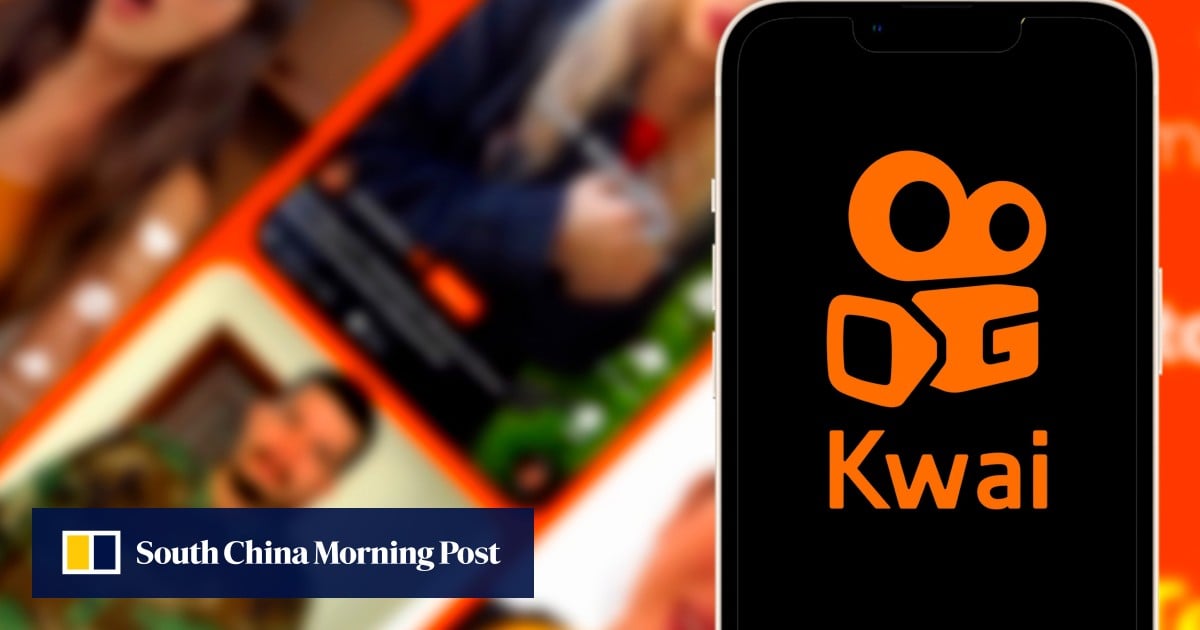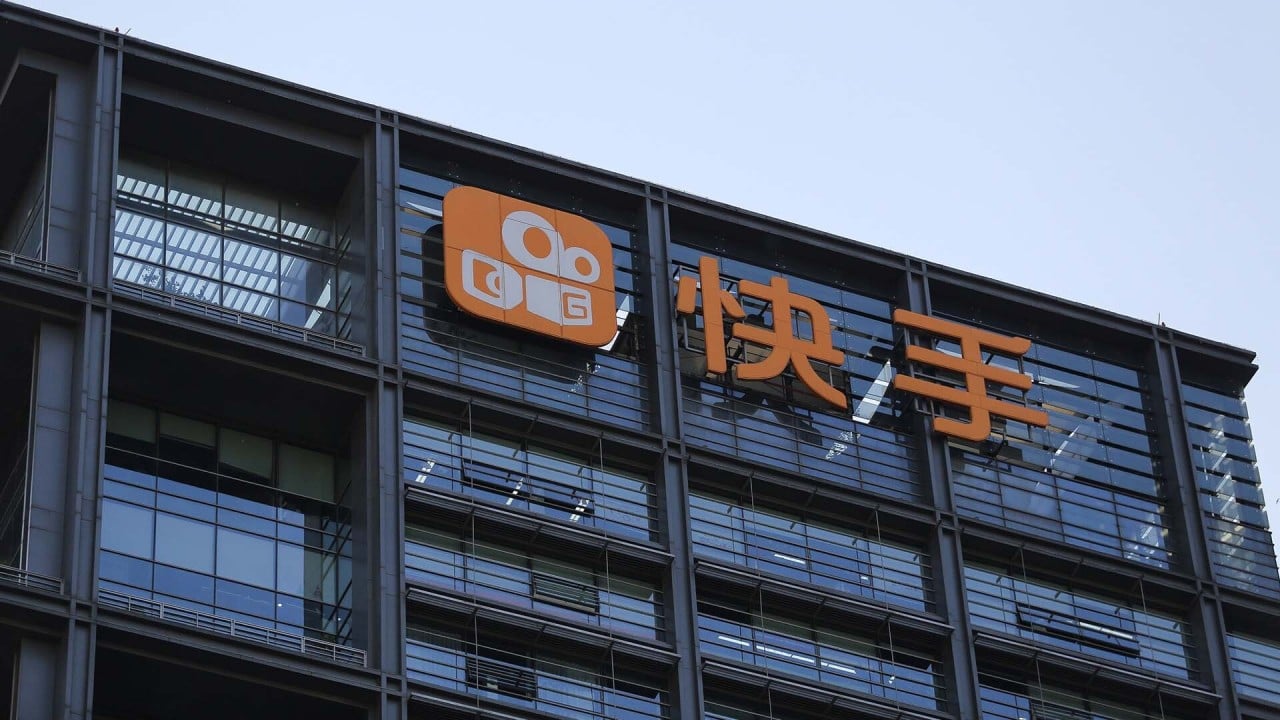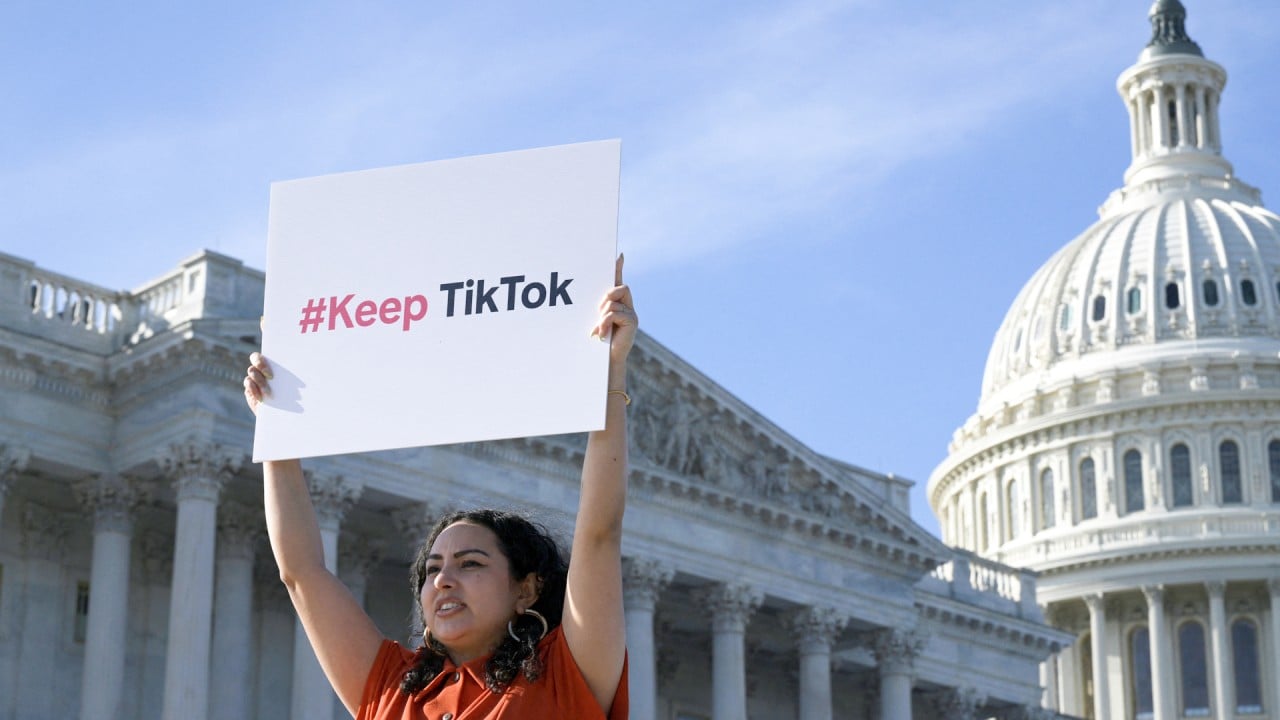Kuaishou Technology, China’s second-largest short video and live streaming platform operator, is hoping to replicate its winning strategy at home in overseas markets given the big opportunities in the Middle East and North Africa (MENA) and Brazil.
The tech company has been making frequent stops in the Middle East and plans to set up offices in Riyadh in Saudi Arabia soon, chief financial officer Jin Bing said.
“There’s a great opportunity in MENA, and Brazil, they have large populations, decent purchasing power and they are receptive to new business, ideas and models,” he said in an interview during a forum in Hong Kong earlier this week. “There are similarities between China and these markets. People love to watch good quality content, engage with each other, and purchase products or services online.”
Beijing-based Kuaishou is looking into new emerging markets while ByteDance-owned TikTok, the industry leader, struggles to fend off regulatory attacks in the US and heightened scrutiny in other Western markets. Apart from the MENA region and Brazil, Southeast Asia is also among its target markets, Jin added.
The Middle East and Brazil have a large pool of population with strong purchasing power and are not dominated by TikTok, according to Kuaishou.
“We are a perfect platform or model to solve that issue because we have a lot of users,” said Jin. “As long as we understand demand, we can find the relevant suppliers, and we can match them.”
An ETF of HKEX stocks is in the works for listing on Saudi Tadawul
An ETF of HKEX stocks is in the works for listing on Saudi Tadawul
“China is more advanced because e-commerce has been developed here for 25 years,” said Jin. “The payment channel is way more efficient, the logistics are way more efficient, and e-commerce overseas will take some time to catch up” with China, he added.
The Brazil market is more about monetising through advertising while in the Middle East, there is a bigger popularity for live streaming where users can send “tips” to their favourite creators. The Middle East market enjoys performance, entertainment, song, dance and short-talk videos, Jin added.
Kuaishou has 382.5 million daily active users on its app, according to its latest 2023, versus about 305 million in late 2020, Its average monthly active users stood at 700 million, versus 769 million then, according to its financial reports and exchange filings.
Jin said Kuaishou is not ignoring the growth potential in China’s market, despite concerns about the domestic business environment, heightened regulatory scrutiny on data and national security issues, and the broader economic headwinds.
“Previously, there were abundant consumption needs in China, but very limited supplies,” said Jin. “Today the complete opposite is abundant supply and limited consumption. For China, the number one priority right now is e-commerce because the ceiling is still far away.”
There are still opportunities to develop its in-house AI capabilities, he said. The main use cases for AI include content creation for businesses needing advertisements, AI-empowered assistants in search engines which can assist users, as well as real-time feedback on advertisements to analyse investment return, he added.
These use cases have the potential to save time and money while efficiently creating marketing materials and improves the willingness of buinsseses to place and pay for ads, he said, adding that AI will also help with internal efficiency enhancements like coding and document writing.
“AI will allow workforces to focus on high value areas,” Jing said. “The beauty of AI is it will release manpower from some of the redundant repetitive work or low value work. By leveraging our advanced AI technology, we can generate significant value, empowering both MENA and the global community.”


